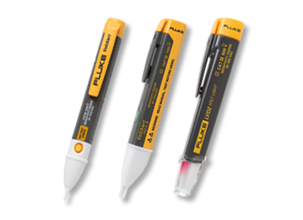burntside bob
New member
- Joined
- Jun 14, 2010
- Messages
- 24
Does anyone have experience with the clamp on electric meters.
It is a voltage meter but instead of two wire leads the wire is encircled in a clamp that opens to enclose the wire.
I am thinking of purchasing one to use in finding electric problems when lights on the truck and trailer are out. This is instead of poking holes in the wire covering with the metal leads to see if there is a current present in the wire, which leads to future erosion of the wire and then problems.
Any one have experience with the clamp on meters in this application with truck current?
What make and model of clamp on meter do you have?
Would you recommend a clamp on meter to some one else to purchase?
Any comments on the performance or how to use the clamp on meters?
It is a voltage meter but instead of two wire leads the wire is encircled in a clamp that opens to enclose the wire.
I am thinking of purchasing one to use in finding electric problems when lights on the truck and trailer are out. This is instead of poking holes in the wire covering with the metal leads to see if there is a current present in the wire, which leads to future erosion of the wire and then problems.
Any one have experience with the clamp on meters in this application with truck current?
What make and model of clamp on meter do you have?
Would you recommend a clamp on meter to some one else to purchase?
Any comments on the performance or how to use the clamp on meters?
